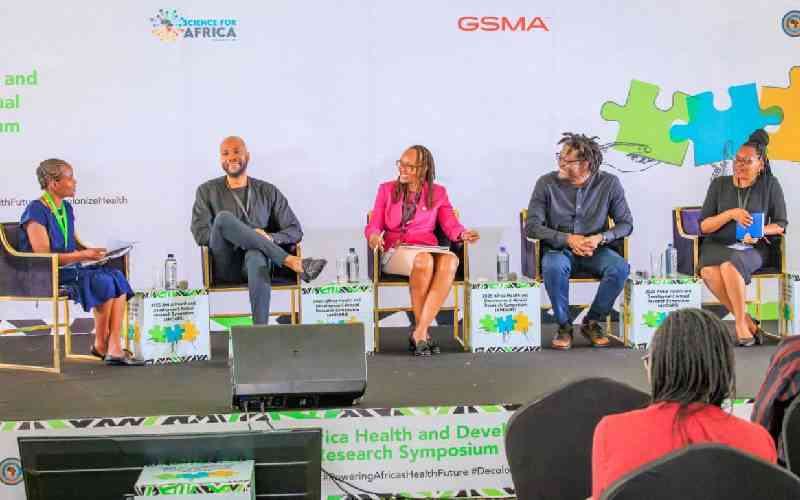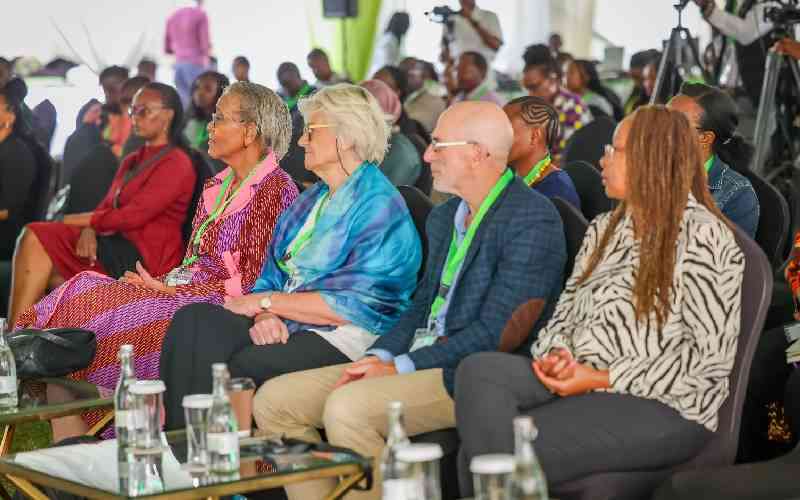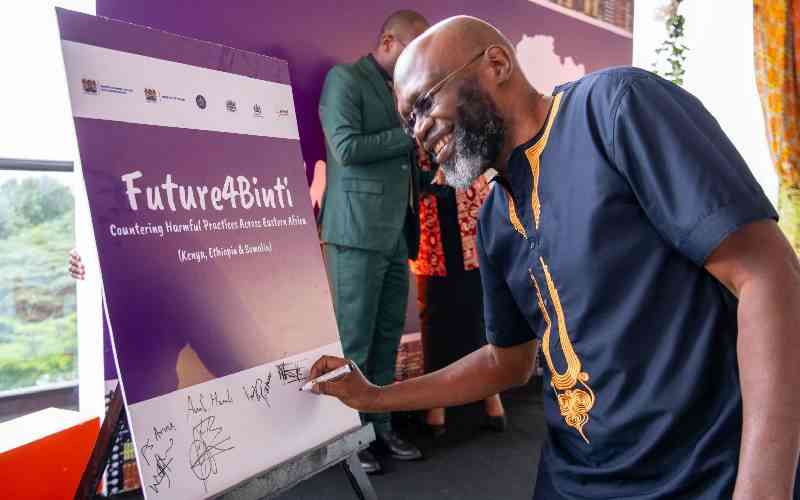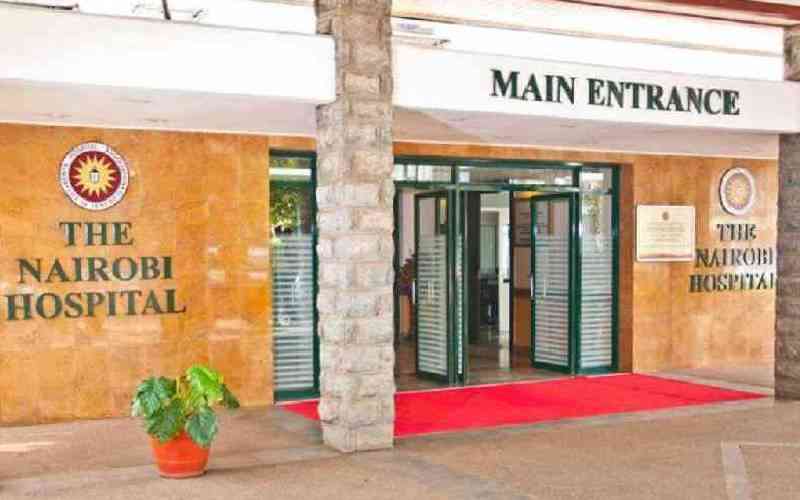
The African Population and Health Research Centre (APHRC) and its partners have renewed calls for a fundamental shift in how global health is framed, funded and led, warning that Africa must stop operating on the sidelines of decisions that shape its health systems.
Speaking at the 2025 Africa Health and Development Annual Research Symposium (AHDARS) in Nairobi, health and technology leaders said the continent must move beyond its long-standing role as a testing ground for solutions developed elsewhere.
The symposium, themed “Decolonising Global Health in the Age of Digital Transformation,” brought together researchers, policymakers and innovators from across the region to examine persistent inequities in global health and the risks emerging from rapid digital expansion.
APHRC Executive Director Dr Catherine Kyobutungi said Africa continues to operate within systems built without its input, a reality that undermines the continent’s capacity to set its own priorities.
“We cannot continue to operate within structures that were never designed for our realities. Decolonising global health requires deliberate and bold action, and digital transformation must be anchored in equity if it is to deliver meaningful change for African communities,” she said.
She noted that despite years of debate on decolonisation, African research institutions still struggle for visibility, influence and adequate support. The symposium, she added, is an opportunity to shift from conversations to concrete action.
Her concerns were echoed by Dr Seye Abimbola, a leading voice in global health equity, who urged African nations to stop relying on external models that do not reflect local contexts.
“We must stop adopting models that do not reflect African contexts. Meaningful progress depends on valuing African knowledge and giving it the power to set priorities. Our health systems cannot be shaped from the outside,” he said.
- Timely surgery saves Mombasa youth from going completely blind
- Study links rising temperatures to spike in stillbirths across Africa
- Merck Foundation unites Africa's first ladies for better healthcare
- Nairobi hosts World Health Expo, focusing on Africa's Health Future
Keep Reading
Abimbola warned that without strong African leadership, digital health could entrench inequalities instead of solving them.

Science for Africa Foundation Chief Scientific Officer Dr Evelyn Gitau called for a review of funding flows that continue to mirror donors’ priorities rather than Africa’s own.
She highlighted the new Good Research Management Practice Standard as part of efforts to strengthen the continent’s research ecosystem.
“Africa is not a passive recipient of assistance. We are strengthening our own research systems, building local capacity and shaping our development trajectory on our own terms,” she said.
GSMA Head of Africa Angela Wamola turned attention to the role of digital innovation, saying technology can be a force for inclusion or a new driver of inequality.
Drawing from the GSMA–APHRC Enabling Digital Health in Africa report, she emphasised the need for African-led digital health strategies.
“Digital technologies can improve access and inclusion. But partnerships must reinforce African leadership if we are to build sustainable digital health systems that work for everyone,” she said.
As the discussions continue, delegates are expected to explore how African-led policy, innovation and research can drive the creation of fairer and more resilient health systems built on the continent’s own expertise.
The deliberations are poised to influence how Africa positions itself in a rapidly shifting global health landscape where digital transformation is redefining power and decision-making.
 The Standard Group Plc is a multi-media organization with investments in media
platforms spanning newspaper print
operations, television, radio broadcasting, digital and online services. The
Standard Group is recognized as a
leading multi-media house in Kenya with a key influence in matters of national
and international interest.
The Standard Group Plc is a multi-media organization with investments in media
platforms spanning newspaper print
operations, television, radio broadcasting, digital and online services. The
Standard Group is recognized as a
leading multi-media house in Kenya with a key influence in matters of national
and international interest.











